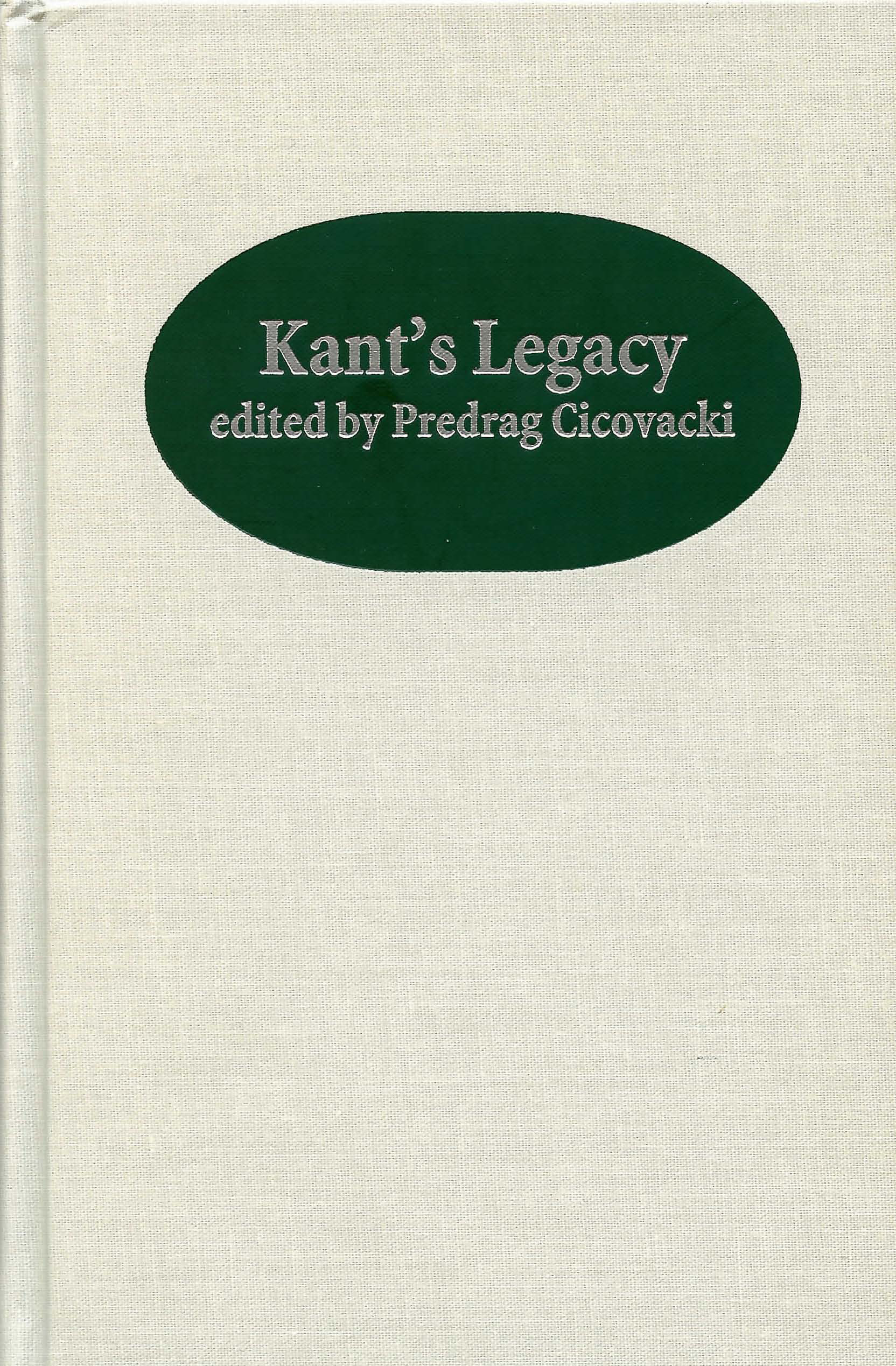Moral Mysticism in Kant’s Religion of Practical Reason
Published online by Cambridge University Press: 22 March 2023
Summary
One can hardly imagine a more decisive dismissal of mysticism than the few sentences in Kant’s late essay “The End of All Things” (1794), in which he lampoons the Chinese philosopher Lao Tse. He was the author, according to Kant, of that
monstrous system of the supreme good, which is supposed to consist of nothingness, i.e. in the consciousness derived from annihilating one’s personality, of feeling oneself flowing into and being swallowed up in the abyss of the divinity. In order to have prior sensations of this state, Chinese philosophers exhaust themselves in dark rooms with their eyes closed trying to think and have sensations of their nothingness. From this tendency comes the pantheism of the Tibetans and other Eastern peoples. Its metaphysical sublimation produced, with the same result, Spinozism. Both have a close familial relation to the very ancient system according to which all human souls emanate from the divinity and are ultimately reabsorbed into it. All of this for the sole reason that men might yet have some place in which finally to enjoy eternal rest … but it is really a concept with which the light of reason goes out and all thinking itself ends (8:335–6).
In light of this critique, it is remarkable that a few years later, Schelling began developing Kantian insights into a broad tapestry that each year appeared progressively more Oriental in outlook. Indeed, Schopenhauer followed by making the move completely explicit, promulgating his own project as a synthesis of Kantian philosophy and Buddhist wisdom.
What, if anything, did Kant himself contribute to these developments? Was Schopenhauer really right in suggesting that Kant’s reduction of objective existence to sheer phenomenality was the same as the claim of the ancient Indian sages that everything is Maya, the illusion of difference that pours forth from the One, but only in order, after being cleansed by the sufferings imposed by time, to be resolved back into it?
The answer, curiously enough, may lie in the project of Kant’s old age, that of interpreting Christianity in the light of “reason alone.” Kant’s attempt clashed with Christianity’s reliance upon a highly specific and historically limited revelation, one that culminated in the absolutely unique person of Jesus Christ.
- Type
- Chapter
- Information
- Kant's LegacyEssays in Honor of Lewis White Beck, pp. 311 - 332Publisher: Boydell & BrewerPrint publication year: 2001
- 2
- Cited by



